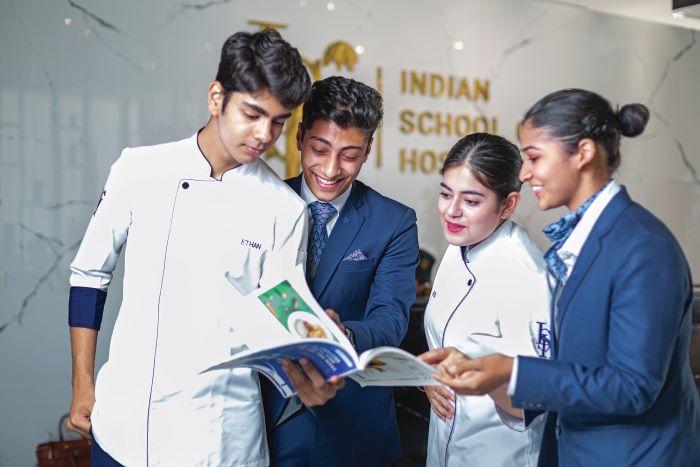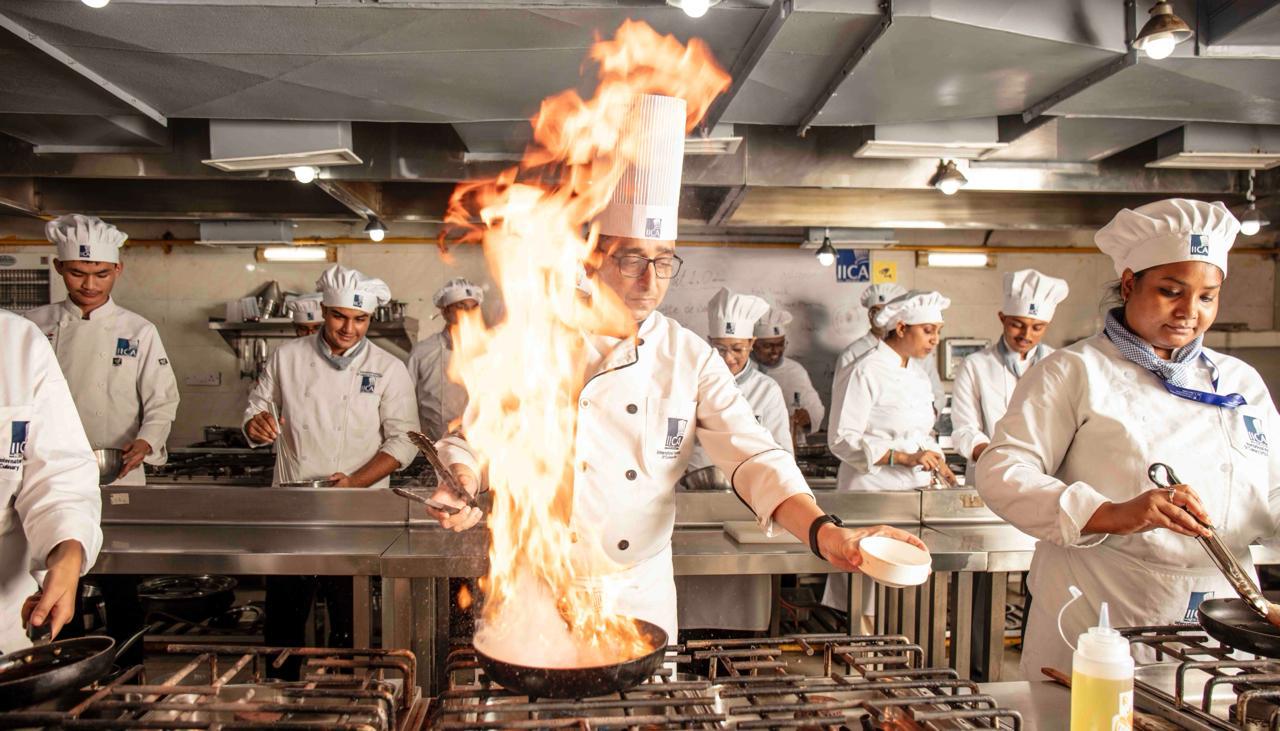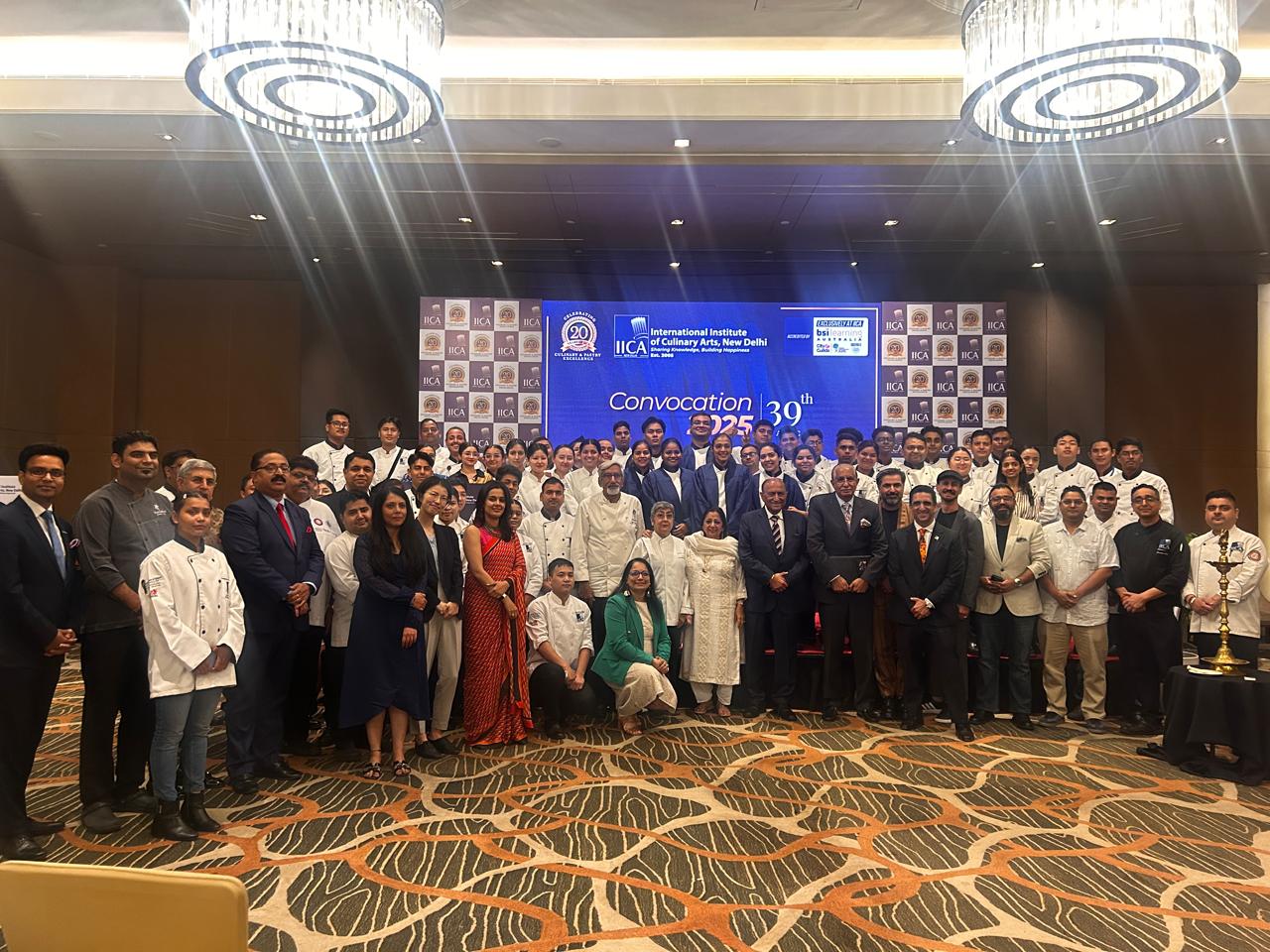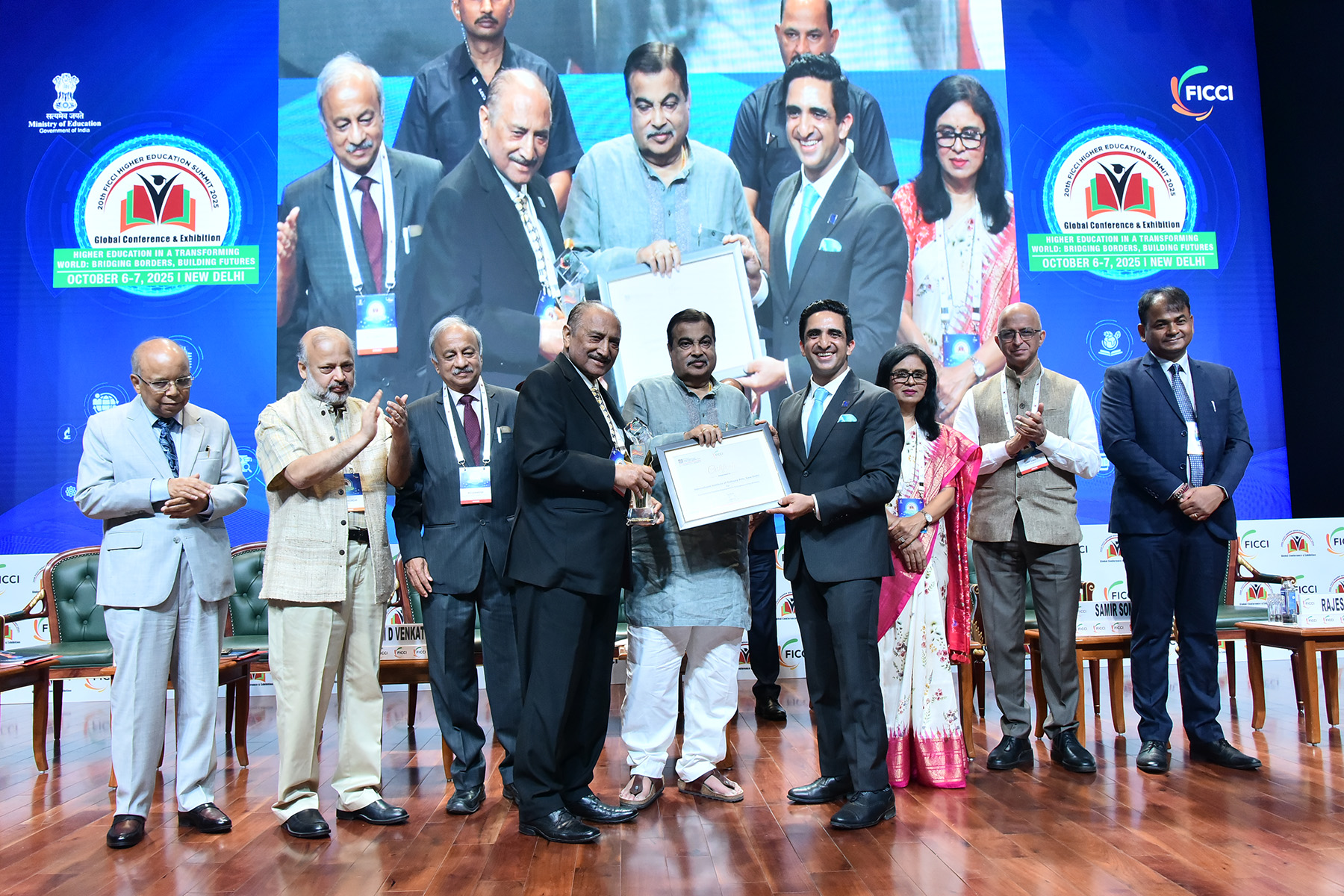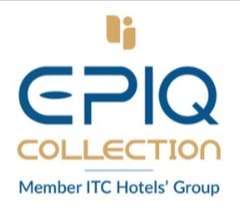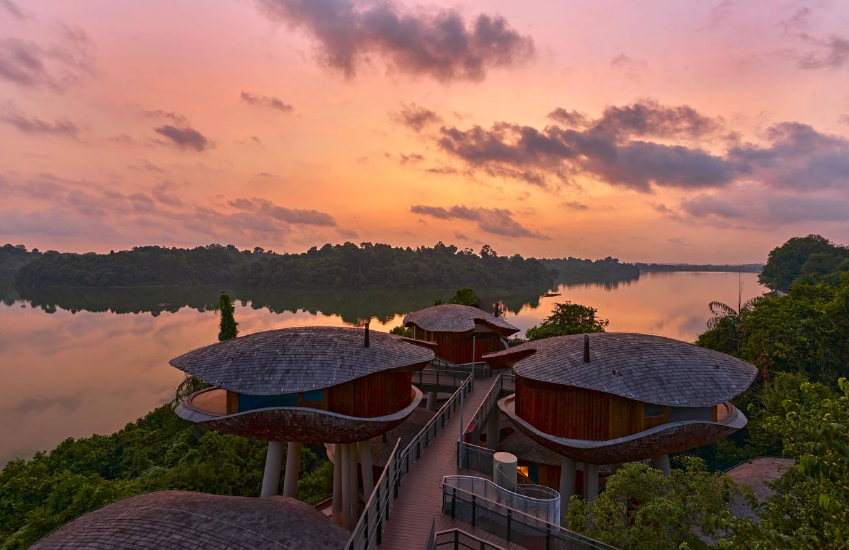Smeetha Guha, Dean, Hospitality and Management Studies, Indian School of Hospitality, emphasises for design thinking solutions that integrate education with evolving industry demands.
In a time when the hospitality industry is one of the key drivers of worldwide economic progress, it confronts a significant challenge: a widening talent gap, magnified by changing consumer behaviors and rapid technological advancements. This critical disconnect between the industry’s demands and the output of educational institutions threatens to stifle innovation and erode competitiveness. With the World Travel & Tourism Council forecasting the creation of 100 million new jobs worldwide in the next decade, it is crucial to address this talent shortage with strategies that focus on human needs and aspirations.
Despite the fact that the hospitality industry is dynamic and stands out for its energy and constant evolution, it is still seeing a significant decline in interest among the youth. Recent trends indicate a worrying 10–12 per cent annual decrease in student enrollments in hospitality-related studies. This alarming trend points to a deep rift between the industry’s vibrancy and its perception among the younger generation.
Interactions with high school students across India reveal that 95 per cent overlook hospitality as a top career choice. This gap in perception leads to a challenge in attracting the talent necessary to lead in today’s experience-driven economy. Hospitality education often finds itself perceived more as niche vocational training than the foundational pillar it truly is.
It is clear that addressing the hospitality industry’s talent gap demands innovative strategies. This situation calls for a solution rooted in design thinking, a methodology that emphasises empathy, innovation, and a deep understanding of human needs to align educational outputs with the industry’s evolving demands.
Acknowledging these challenges, it becomes essential to implement strategic interventions that realign hospitality education with the industry’s evolving needs.
Enhancing industry-academia collaboration
Initiating strong ties between academia and the hospitality industry, coupled with a focus on technological empowerment, stands at the forefront of evolving hospitality education. Jointly developing curricula that mirror the sector’s real-world demands enables students to gain advanced, applicable skills, preparing them for leadership and innovation. Crucially, mirroring the IT industry’s successful model from the 1990s, there is a significant opportunity for hospitality businesses to sponsor and invest in educational tech labs and simulation environments.
For the hospitality sector to flourish, it is crucial to view investments in education as pivotal for the industry’s progression. Such strategic educational investments promise to enhance collaboration between the hospitality industry and academic circles, ensuring the development of a talent pool equipped to navigate and excel in a rapidly evolving marketplace.
Embrace an interdisciplinary approach
Merging liberal education principles with hospitality studies introduces an interdisciplinary approach that dismantles traditional academic boundaries. This strategy enriches the hospitality curriculum with insights from business, technology, psychology, and sustainability, preparing students for the increasingly interconnected nature of today’s global economy. Such a comprehensive educational model cultivates a workforce adept in critical thinking, creativity, and adaptability—skills that are indispensable in navigating the complexities of the hospitality industry and beyond.
Furthermore, the hospitality industry, with its global reach and economic significance, serves as an ideal backdrop for a foundational business course. Students not only learn about the intricacies of service and experience design but also gain insights into managing operations, financial planning, and strategic marketing in a real-world context. This holistic view, underscored by practical experience and theoretical knowledge, prepares graduates not just for careers within hospitality but for leadership roles in any sector, emphasizing the versatility and depth of their education.
Elevate the perception of hospitality careers
To attract new talent to the hospitality sector, it is essential to elevate its perception beyond traditional views. The hospitality industry should be showcased as dynamic, innovative, and rewarding, reflecting its true nature and the breadth of opportunities it offers. A field ripe with opportunities for career growth in areas like digital marketing, sustainable management, event planning and global tourism to name a few. By showcasing the industry’s embrace of cutting-edge technology and its dedication to sustainability and creating memorable experiences, we can highlight the diverse career paths available.
Recent trends indicate a promising outlook for those in hospitality, with managerial positions seeing salary increases of up to 20 per cent in some regions over the past five years. The industry needs to focus on work-life balance, including flexible working hours and comprehensive wellness programmes, which would add to its allure. Moreover, showcasing the sector’s forefront position in adopting new technologies and sustainable practices we could shift the narrative which in turn would attract the right talent who are not just looking for a job but also aspire for meaningful career where they can make a real impact.
The way forward: A unified vision for hospitality excellence
As we envision a future where the hospitality industry thrives, integrating design thinking into our strategies becomes crucial. This means not just addressing the talent gap but doing so in a way that deeply considers the desires, expectations, and aspirations of potential employees and is viable for the employers. Through empathy, collaboration, and innovation, we can build educational models and career paths that truly resonate with the next generation, ensuring the sector’s long-term vitality and growth.
This framework emphasizes understanding and addressing the real needs and aspirations of both the industry and its future professionals. By promoting an educational model that values empathy, collaboration, and innovation, we lay the groundwork for a more dynamic and resilient hospitality sector.
About the author
Smeetha Guha has been instrumental in devising and implementing numerous training initiatives, with emphasis on leadership training and organisational development. She has over 28 years of professional expertise and currently serves as Dean, Hospitality and Management Studies, Indian School of Hospitality.
(The views expressed are solely of the author. The publication may or may not subscribe to the same)
“To attract new talent to the hospitality sector, it is essential to elevate its perception beyond traditional views.”
“By promoting educational model that values empathy, collaboration & innovation, we lay groundwork for more dynamic hospitality sector.”


